SGGP
After the US government announced that it would fund $1.2 billion in technology to capture carbon dioxide (CO2) from the air and sequester it underground to prevent the gas from escaping back into the atmosphere, many technology giants (Big Tech) also began pouring billions of dollars into developing the carbon capture market as an irreversible trend.
 |
| Groundbreaking ceremony of the Stratos Factory in April. (Photo: Bloomberg) |
Amazon announced that it will fund the world’s largest direct air capture deployment by purchasing 250,000 metric tons of carbon removal credits over the next 10 years from the Stratos Plant, the first direct air capture (DAC) plant from 1PointFive, a technology company that aims to suck carbon out of the atmosphere. Amazon said the project will help the company reach its goal of reducing emissions to zero by 2040.
According to the US Environmental Protection Agency, 250,000 metric tons of carbon is equivalent to the emissions from 55,633 gasoline-powered cars in a year. Amazon did not disclose the value of the new investment, but said that in addition to purchasing carbon removal credits from 1PointFive, the company is investing in another California-based DAC company called CarbonCapture, which will provide Amazon with 100,000 metric tons of carbon removal credits. With these two new investments, Amazon aims to reduce emissions that it cannot eliminate at the source, said Kara Hurst, Amazon's vice president of global sustainability. The company is also helping to introduce and support the development of new technologies that can avoid the worst impacts of global climate change.
Amazon’s announcement comes shortly after Microsoft said it had agreed to buy carbon credits from California-based startup Heirloom Carbon, which uses limestone to remove carbon from the atmosphere (and which the U.S. Department of Energy selected for a $600 million investment last month), according to CNBC. Microsoft’s deal, valued at about $200 million, will eliminate up to 315,000 tons of carbon over the next decade, equivalent to the annual emissions of about 70,000 gasoline-powered cars.
Sucking carbon out of the atmosphere is one way to try to undo the damage done by polluting companies. Microsoft and Amazon are paying big bucks to capture carbon, but that’s still a fraction of the pollution they continue to create, even as they try to decarbonize through renewable energy projects like wind and solar, electrifying their delivery fleets, and reducing the weight of packaging on each shipment.
Scientists say that the world needs to remove about 1,000 billion tonnes of carbon dioxide from the atmosphere this century to keep global warming below the 1.50C limit set by the Paris Agreement. Countries may need to capture a total of 10 billion tonnes of CO2 from the air each year by mid-century to keep the planet from warming more than 20C above pre-industrial levels. To achieve this, 10,000 DACs with the same capacity as those funded in the investment announced by the US government on August 11 will be needed.
Source


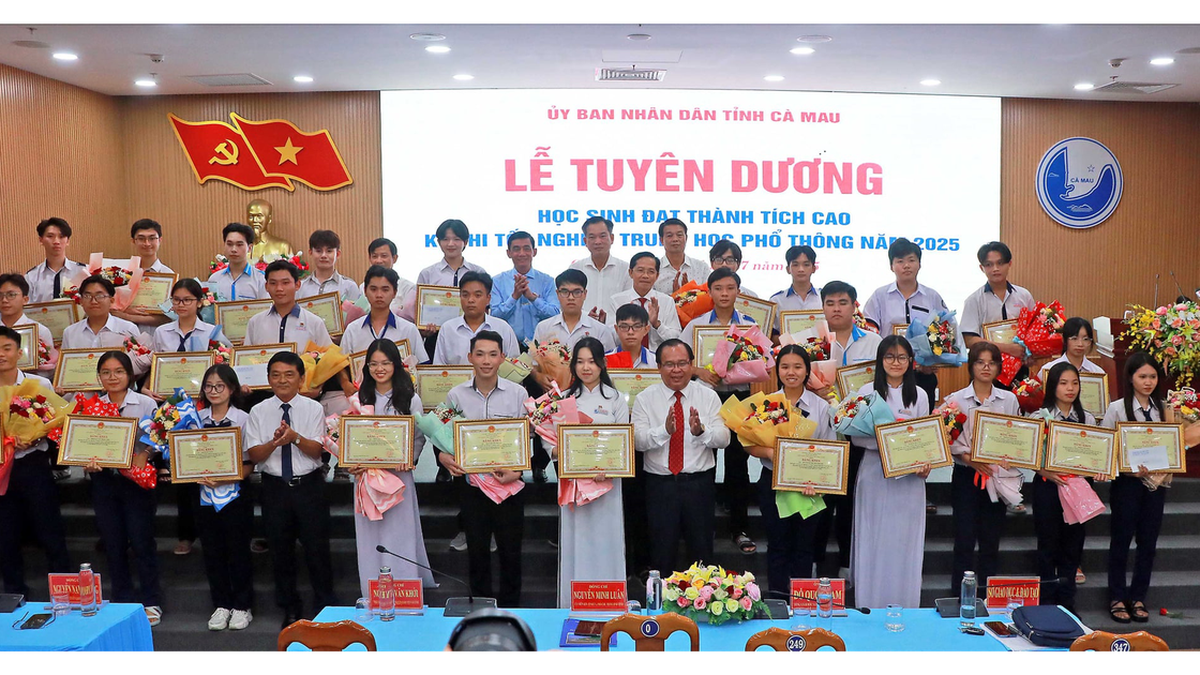


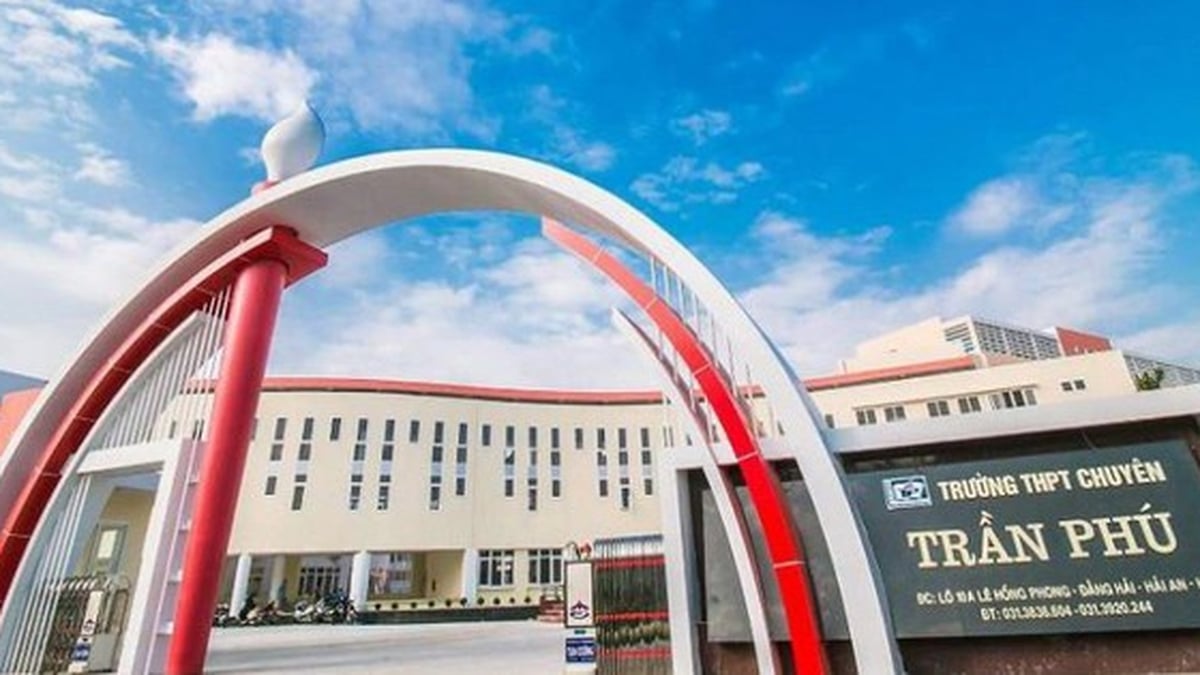

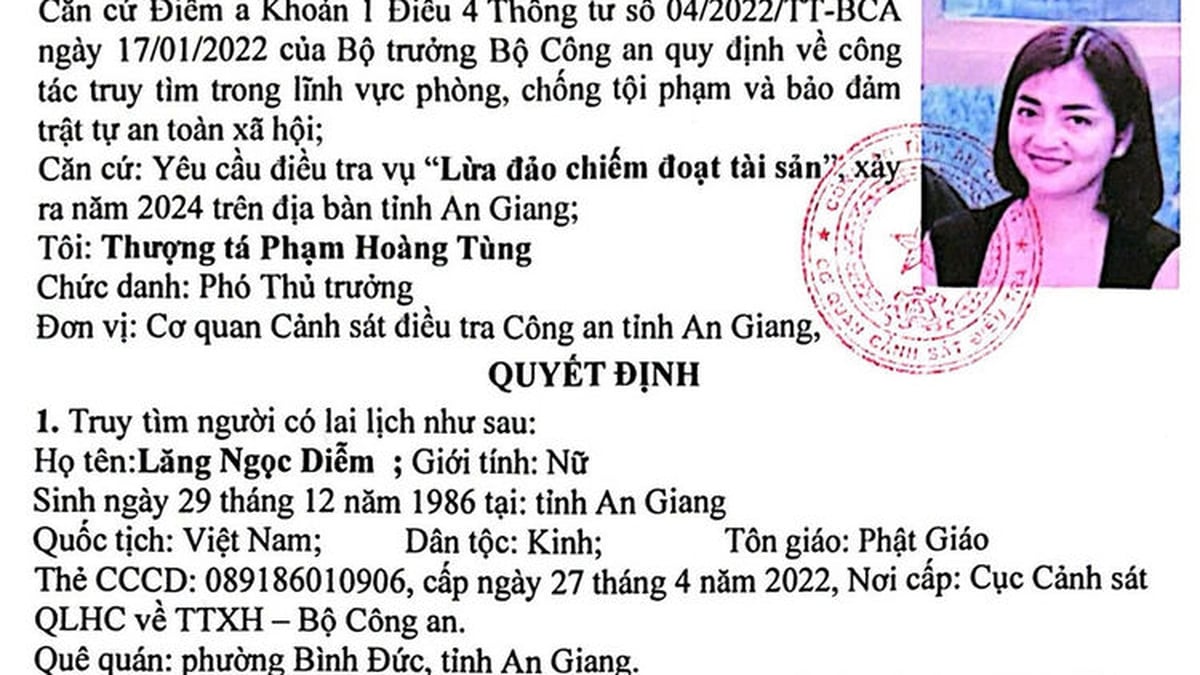


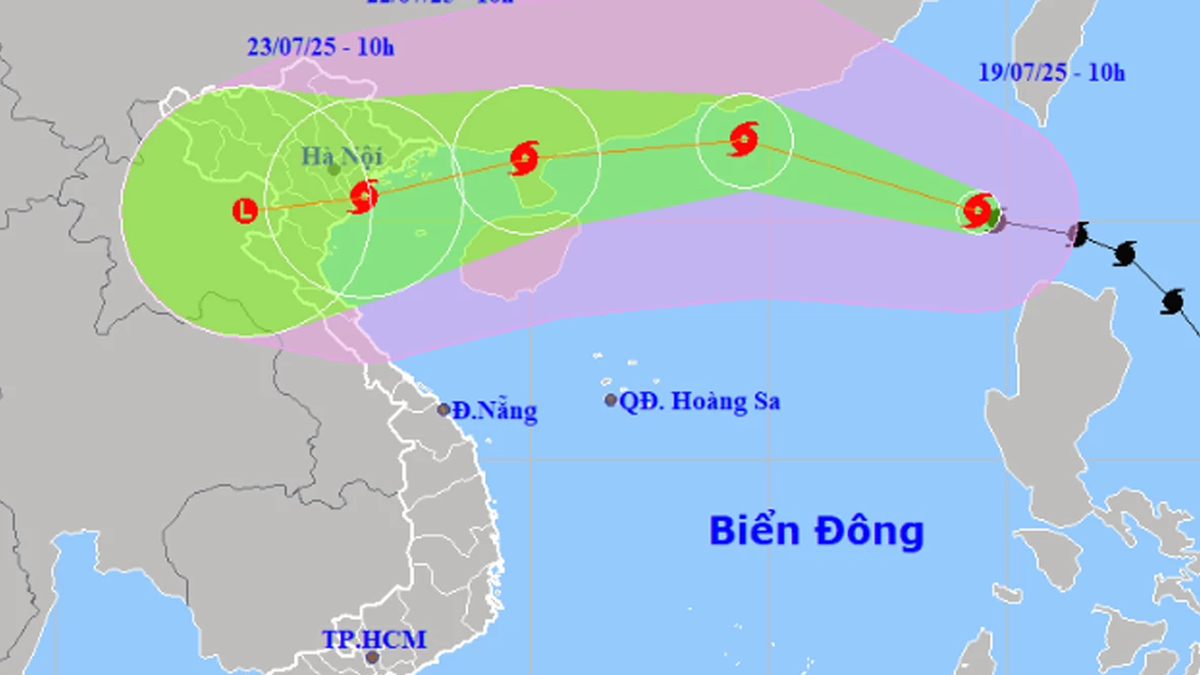
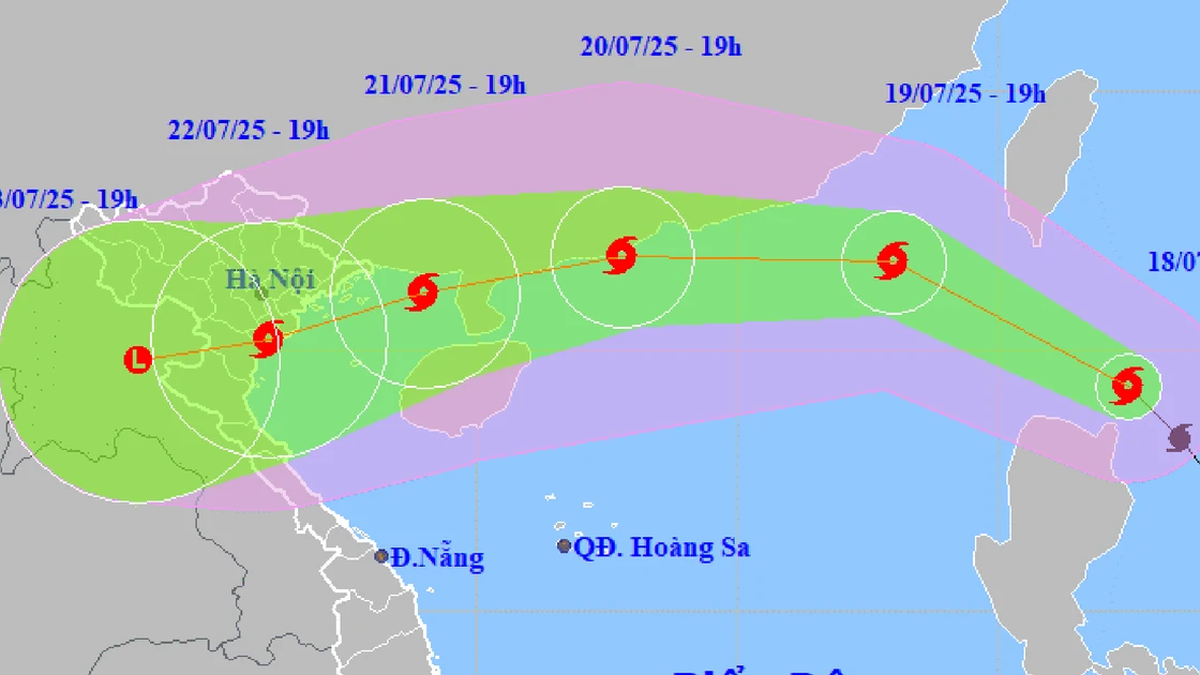
























































































Comment (0)